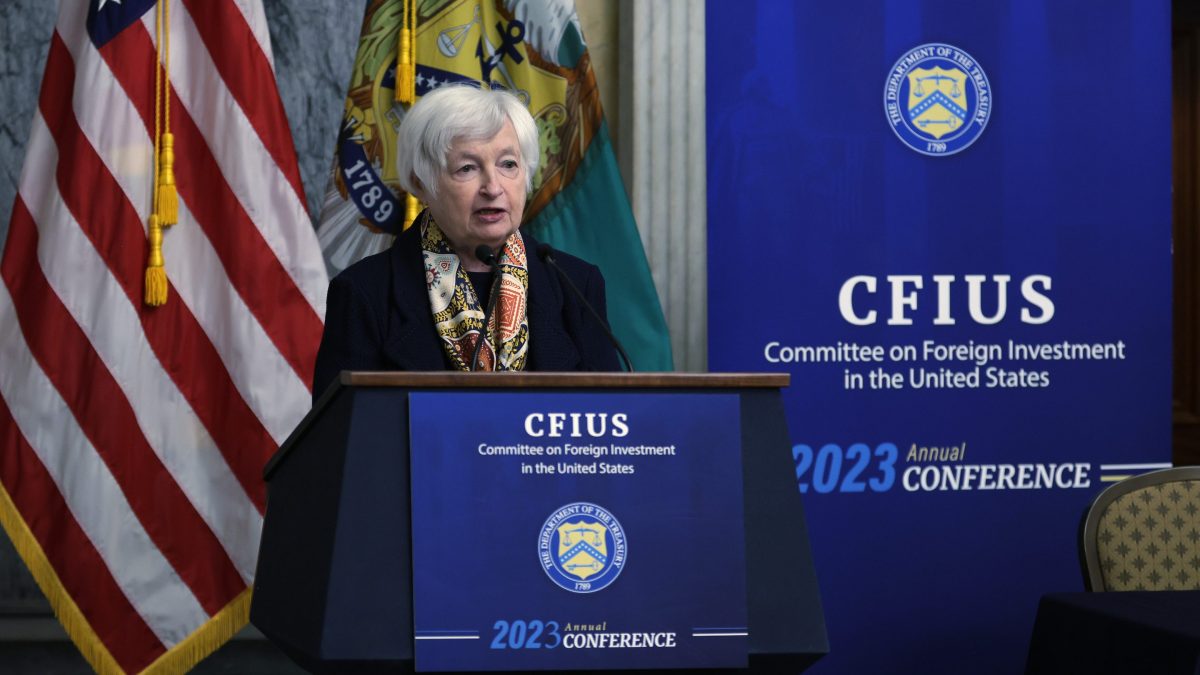Photo credit Source : www.marketplace.org
The Impact of Foreign Ownership on U.S. Businesses: A Look at CFIUS and National Security
The United States government is cracking down on foreign investment in American businesses, with a recent focus on Chinese-owned companies. President Joe Biden signed a bill into law that will require ByteDance, the Chinese company that owns TikTok, to sell off the popular social media app by January or face a ban in the U.S.
The Committee on Foreign Investment in the United States (CFIUS) is responsible for reviewing foreign investment to determine if it poses any national security risks. This committee, made up of representatives from various government agencies, has a broad purview that includes economic and commercial considerations, but always comes back to national security concerns.
The history of CFIUS dates back to the 1970s when concerns about Japanese investment in the U.S. led to the creation of the committee. Over the years, the committee’s powers have expanded, especially in response to growing economic powers like China. The Foreign Investment Risk Review Modernization Act in 2018 gave CFIUS the authority to investigate smaller foreign investments and block sensitive real estate deals.
While the White House has only blocked a few deals in the last decade, the possibility of a CFIUS investigation can have a chilling effect on foreign investment. The concern now is whether the increase in CFIUS investigations will slow down foreign investment, which can be beneficial for the U.S. economy.
As the government continues to scrutinize foreign investment, the impact on businesses and the economy remains to be seen. Stay tuned for more updates on this developing story.


